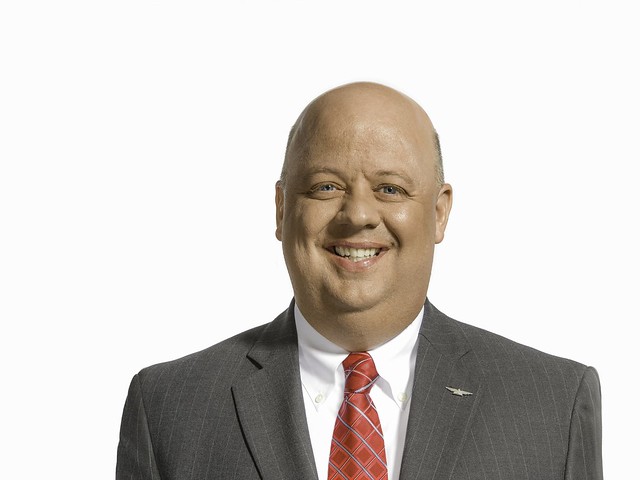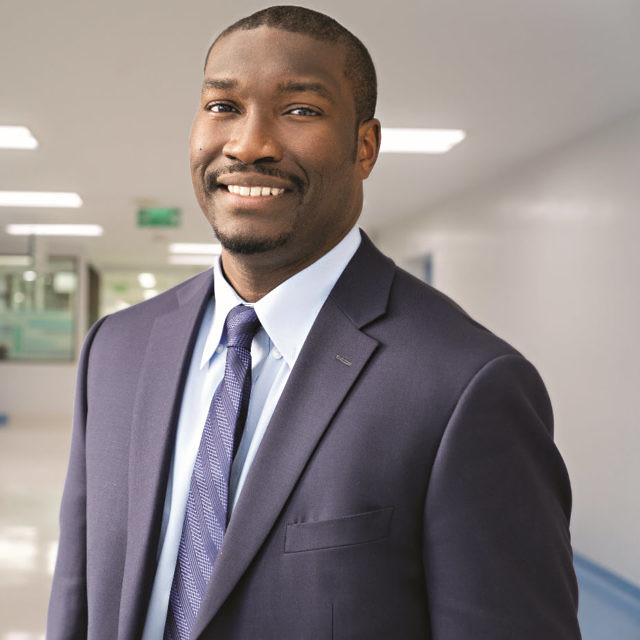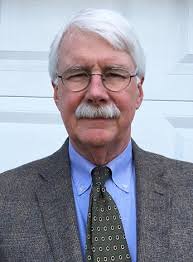Nearly 4,500 students graduating during Auburn University’s spring commencement ceremonies
Article body
Auburn University will confer 4,474 degrees on its new graduates during the institution’s spring commencement ceremonies. Five main ceremonies will be held May 4-5 in Auburn Arena in addition to separate ceremonies May 6 for its two professional schools.
Ron Sanders, a 1982 Auburn graduate and president of Theatrical Distribution and Home Entertainment at Warner Bros. Studios, will speak at the Saturday ceremonies. A 10 a.m. ceremony will be held for the Samuel Ginn College of Engineering. A 2 p.m. ceremony will be held for the College of Agriculture; the College of Architecture, Design and Construction; the College of Human Sciences; and the School of Nursing. A 6 p.m. ceremony will be held for the Raymond J. Harbert College of Business.
Paul Jacobson, a 1994 Auburn graduate and executive vice president and chief financial officer responsible for Delta Air Lines’ global finance organization, will speak at the Sunday ceremonies. A 1 p.m. ceremony will be held for the College of Education and the College of Sciences and Mathematics. A 5 p.m. ceremony will be held for the School of Forestry and Wildlife Sciences and the College of Liberal Arts.
Stephen Davis, a 2008 graduate of the Harrison School of Pharmacy, will provide a keynote address at the school’s commencement ceremony at 2 p.m. May 6. Doug Meckes, a 1975 graduate of the College of Veterinary Medicine, will speak at the college’s commencement ceremony at 6 p.m. May 6.
In his role with Warner Bros. Studios, Sanders oversees one of today’s largest global organizations that releases movies in theaters, delivers film and television shows to homes and devices and helms a multi-billion-dollar games business. Warner Bros. achieved the largest box office in its history in 2018 with Sanders overseeing several blockbusters, including, Aquaman, Steven Spielberg’s Ready Player One and A Star is Born, which was honored with eight Academy Award nominations including Best Picture. Hired straight out of Auburn, Sanders spent almost 10 years in the consumer goods business with marketing giant Procter & Gamble.
A regular visitor to Auburn, Sanders is an emeritus member of the advisory council at the Harbert College of Business and served on its recent campaign committee. He and his wife are supporters of Harbert through a study abroad scholarship endowment, and they support the new Jay and Susie Gogue Performing Arts Center with an endowment for the celebration of Music in Film. Sanders also serves on the advisory board of the Northwestern University School of Communications.
Jacobson has played a key role in Delta’s strategies and has been instrumental in a number of initiatives, including the purchase of the Trainer refinery, balance sheet initiatives that have resulted in nearly $10 billion in debt reduction, the expansion of the T4 facility at JFK International Airport and the airline’s capital allocation strategy.
Jacobson’s contributions have been instrumental in Delta’s return to the S&P 500 index as well as upgrades to Delta’s credit rating in recent years. The work of Jacobson and his team was recognized by Air Finance Journal when it named Delta Airline of the Year. Since joining Delta as a financial analyst in 1997, Jacobson has held several positions including senior vice president and treasurer. In March 2012, he was named chief financial officer.
Jacobson currently serves on the board of trustees for the Auburn University Foundation, board of visitors at the Owen Graduate School of Management, as well as the Harbert College of Business advisory board.
After completing a two-year pharmacy administration residency, Davis joined Texas Children’s Hospital in Houston, Texas, holding the positions of manager of ambulatory pharmacy services, manager of the Central Pharmacy Services and manager of specialty pharmacy services.
In 2016, Davis was honored for outstanding alumni achievement by the Auburn University Alumni Association. In 2017, he was recognized by American Society of Health-System Pharmacists with the Distinguished Service Award.
Earlier this year, Davis took a position as director of health system strategy with Shields Health Solutions, the health care industry’s first, largest and most experienced specialty pharmacy integrator.
Meckes has distinguished himself through his dedication to private veterinary practice, public service and service to the federal government. Formerly branch chief of the Food, Agriculture and Veterinary Defense Branch of the Office of Health Affairs in the U.S. Department of Homeland Security in Washington, D.C., Meckes serves as the state veterinarian of North Carolina.
He was selected as a congressional fellow in the office of Sen. Chuck Hagel, and he serves as assistant director of the Government Relations Division of the American Veterinary Medical Association.
Meckes practiced veterinary medicine and surgery in Apex, North Carolina, for 30 years, including operations of six veterinary hospitals and a large central hospital. For 10 years, Meckes was an elected member of the Board of Commissioners in Apex.
Auburn University will award 79 doctoral degrees, 725 master’s degrees, eight education specialist degrees, 145 pharmacy degrees, 120 veterinary medicine degrees and 3,397 bachelor’s degrees. The bachelor’s degrees by college and school are: Raymond J. Harbert College of Business, 784; College of Liberal Arts, 654; Samuel Ginn College of Engineering, 627; College of Sciences and Mathematics, 366; College of Education, 342; College of Architecture, Design and Construction, 163; College of Agriculture, 157; College of Human Sciences, 156; School of Nursing, 94; and School of Forestry and Wildlife Sciences, 54.
Related Media
Media interested in this story can contact Communications Director Preston Sparks at (334) 844-9999 or preston.sparks@auburn.edu.
Auburn University is a nationally ranked land grant institution recognized for its commitment to world-class scholarship, interdisciplinary research with an elite, top-tier Carnegie R1 classification, life-changing outreach with Carnegie’s Community Engagement designation and an undergraduate education experience second to none. Auburn is home to more than 30,000 students, and its faculty and research partners collaborate to develop and deliver meaningful scholarship, science and technology-based advancements that meet pressing regional, national and global needs. Auburn’s commitment to active student engagement, professional success and public/private partnership drives a growing reputation for outreach and extension that delivers broad economic, health and societal impact.








